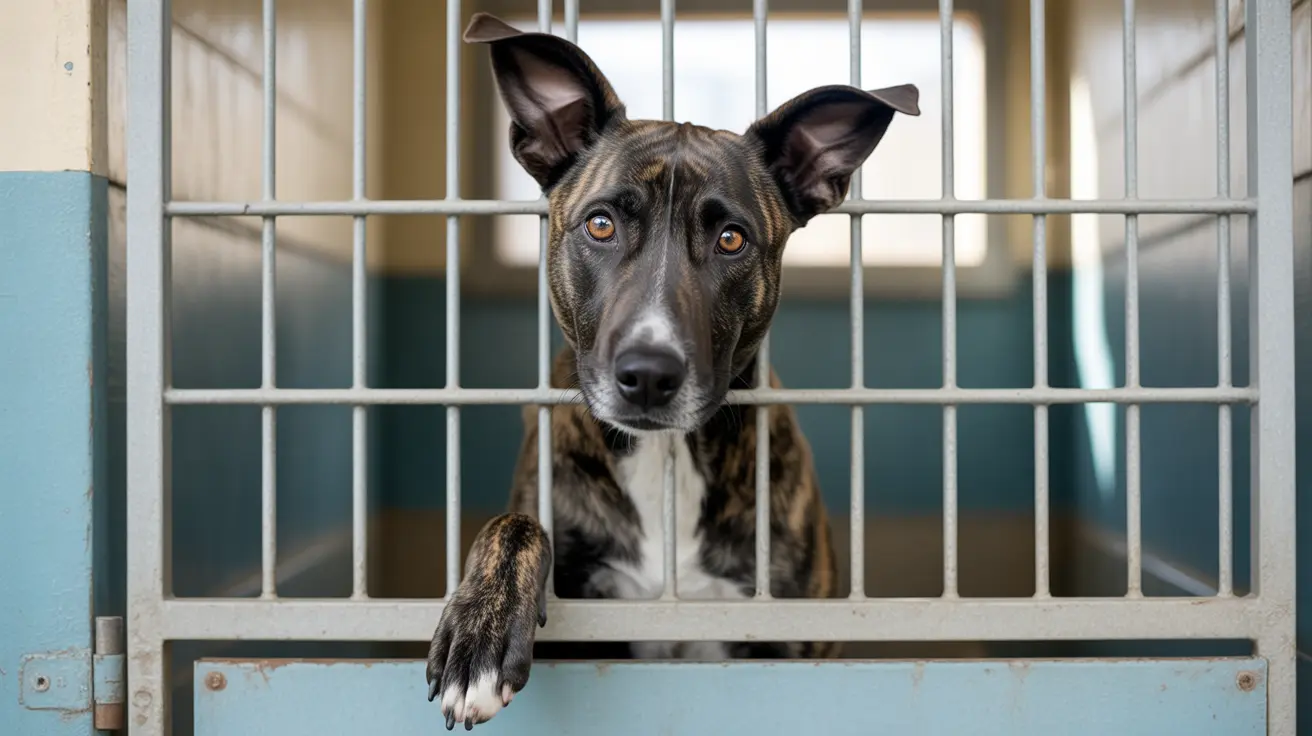Can Dogs Eat Pears? Everything You Need to Know
If you’re wondering whether it’s safe to share a juicy pear with your dog, you’re not alone. Many pet owners love to treat their furry friends with bits of fruit, but safety is always the top concern. The good news: dogs can eat pears, but there are important guidelines to follow for your dog’s health and safety.
Are Pears Good for Dogs?
Pears make a healthy snack when given in moderation. They’re packed with vitamin C, vitamin A, and dietary fiber. These nutrients can support your dog’s immune system, aid digestion, and provide antioxidants like flavonoids and lutein.
- Vitamin C helps boost immune health.
- Vitamin A supports vision and skin health.
- Fiber aids digestion and helps regulate appetite.
Pears also contain potassium for heart health, copper for red blood cell production, vitamin K for blood clotting and bone strength, calcium, magnesium, and more. However, pears aren’t essential for a balanced canine diet—they’re best enjoyed as an occasional treat.
How Much Pear Can Dogs Eat?
Treats (including fruit) should make up no more than 10% of your dog’s daily food intake. For small dogs, one slice of pear is enough; larger dogs may have a bit more. Too much pear can cause stomach upset due to its fiber and sugar content. Always introduce new foods slowly and monitor your dog for any signs of gastrointestinal distress—like vomiting or diarrhea.
Pear Preparation: Keeping Your Dog Safe
- Wash pears thoroughly to remove dirt or pesticide residue.
- Remove stems, leaves, core, and seeds. Seeds contain traces of cyanide (amygdalin), which is toxic in large amounts and poses a choking risk.
- Cut the fruit into bite-sized pieces appropriate for your dog’s size to prevent choking.
The skin is generally safe but may cause mild digestive issues in sensitive dogs. If you’re unsure how your dog will react, peel the pear before serving the first time.
Canned Pears: Not Dog-Friendly
Avoid canned pears or products with added sugar or syrup—these contain too much sugar and may irritate your dog’s digestive tract or contribute to obesity. Stick with fresh, ripe pears only.
Pear Varieties Safe for Dogs
- Bartlett
- Bosc
- Anjou
- Comice
Asian pears are also safe if prepared properly (washed well and seeds removed). Always serve plain without sweeteners or artificial ingredients.
Pear Serving Ideas for Dogs
- Mash or grate fresh pear over meals as a topper.
- Blend pear with plain yogurt (no sugar or xylitol) for frozen treats or smoothies.
- Add small chunks to puzzle toys like a KONG for enrichment.
You can even bake homemade dog treats using pear as a natural sweetener—just ensure all other ingredients are dog-safe!
Pear Risks & When to Avoid Them
- Avoid giving dogs stems, leaves, cores, or seeds—these contain cyanide compounds that are toxic in quantity and create choking hazards.
- Pears have about 10% sugar by weight (15g per cup), so they’re not suitable for diabetic dogs or those on calorie-restricted diets without veterinary approval.
If you notice any unusual symptoms after feeding pear—vomiting, diarrhea, loss of appetite—stop offering it and consult your veterinarian right away. Every dog is different; some may have sensitivities others don’t share.
Other Fruits Dogs Can Enjoy Safely (in Moderation)
- Apples (seedless)
- Bananas
- Berries (blackberries, blueberries)
- Cantaloupe & honeydew melon
- Mango (pit removed)
Avoid grapes/raisins entirely—they’re toxic to dogs even in small amounts!
The Bottom Line: Pears as a Dog Treat
Pears can be a tasty way to add variety to your dog’s snack routine—as long as you serve them fresh, well-washed, seedless, coreless, and in small amounts. Remember the 10% treat rule: most of what your pup eats should still be their regular balanced food. When in doubt about introducing new treats or if your pet has special dietary needs (like diabetes), check with your veterinarian first. With proper preparation and moderation, sharing a slice of pear can be both safe and enjoyable for your canine companion!





